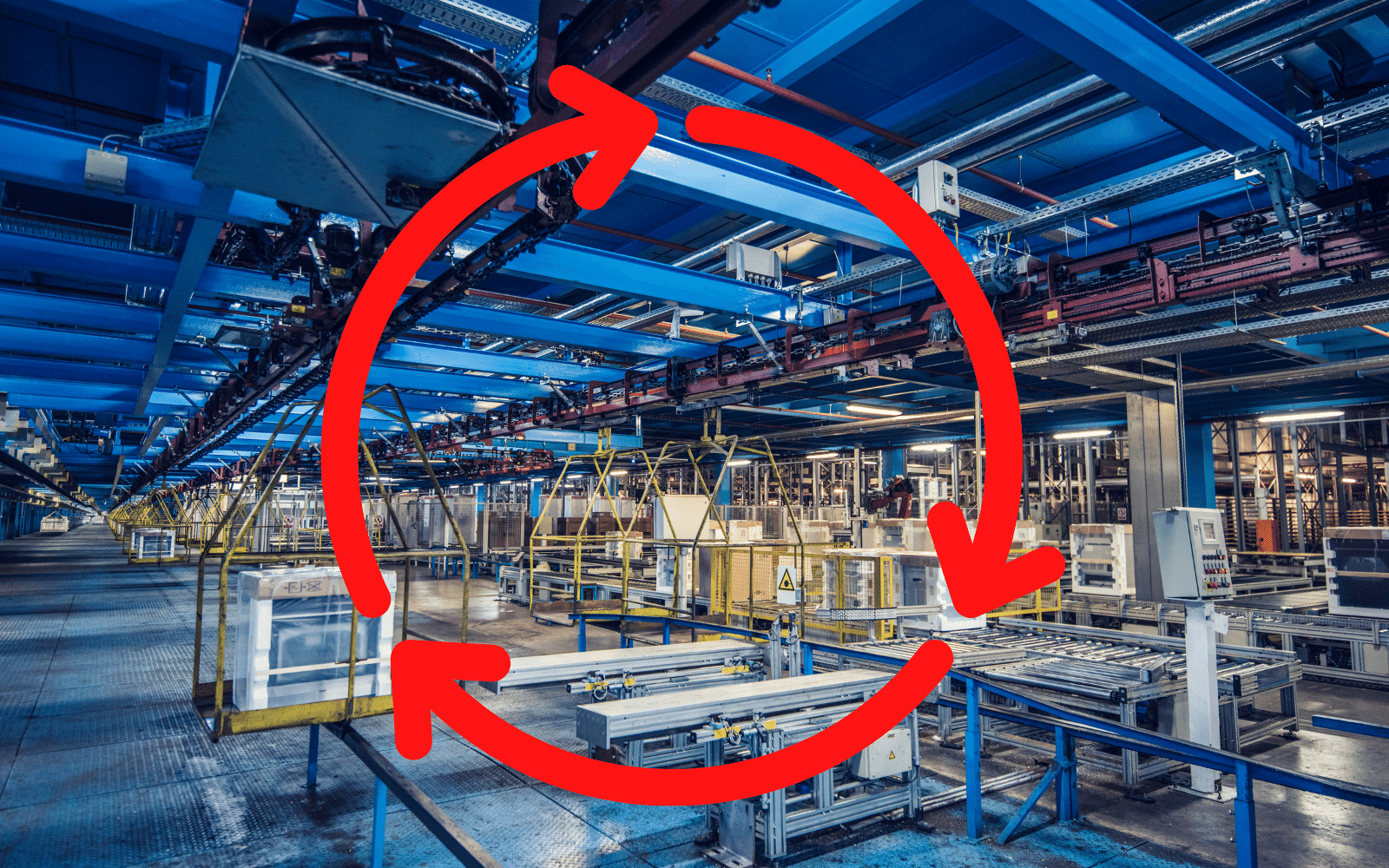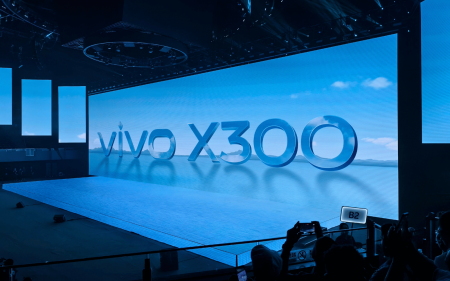There’s nothing wrong with a little healthy competition. Unless you’re Mark Zuckerberg, in which case all opposition to your plan for world domination should be crushed underfoot. Even then, it may not go your own way. But it’s not just social media that suffers from a lack of proper competition.
It’s part of a greater trend in the technology space. Smartphones are at risk, along with social media, laptops, and a host of other technologies. The reason? There’s less competition in the market than there used to be. Worse, there doesn’t seem to be a way to fix it.
Risk assessment
 The world is staring down a tech future that shares aspects of the various entertainment industries. Movies, streaming media, and video games all face the same issues. The space where they function has grown too large for risks. Entertainment needs to appeal globally because entertainment needs to make money. The larger a project is, the more urgent it is that it should nail the ‘lowest common denominator’ factor. The folks making these things — games, movies, or TV — need as many eyes as possible in the shortest time. It’s an accounting thing.
The world is staring down a tech future that shares aspects of the various entertainment industries. Movies, streaming media, and video games all face the same issues. The space where they function has grown too large for risks. Entertainment needs to appeal globally because entertainment needs to make money. The larger a project is, the more urgent it is that it should nail the ‘lowest common denominator’ factor. The folks making these things — games, movies, or TV — need as many eyes as possible in the shortest time. It’s an accounting thing.
But it’s why every major movie maker is attempting to replicate the success of the Marvel Cinematic Universe. Warner Bros. has tried (several times) to follow suit. But go back and rewatch those movies. All of them. It’s one heck of a time investment. You’ll see that as soon as Disney stepped in, a slide started. Marketing ratchets up. Product placement becomes more prominent. The films go from entertaining experiences in their own right to generic action films with the broadest possible appeal. They stop taking risks, aside from the ones that promote inclusivity. Even those aren’t exactly risky, despite the outcry they prompt from twits.
It’s a lack of competition that causes this. The only thing that will stop Disney’s money train from rolling is Disney itself. Warner Bros. has battered itself to bits trying. That also means that Disney and Marvel must very carefully consider what goes into each film to keep from detailing their maglev money printer. That leaves no room for chance or experimentation.
Paranoid Android
 The same goes for the smartphone industry. Competition is split between Apple (which claims not to compete with anyone) and the Android ecosystem. BlackBerry used to be a thing but it’s gone. Windows Phone was once a potential source of competition, but that’s gone too. Microsoft still makes phones, but they’re Android now, and they’re niche.
The same goes for the smartphone industry. Competition is split between Apple (which claims not to compete with anyone) and the Android ecosystem. BlackBerry used to be a thing but it’s gone. Windows Phone was once a potential source of competition, but that’s gone too. Microsoft still makes phones, but they’re Android now, and they’re niche.
Apple really is competing with itself and this year’s event shows that the company has realised that it doesn’t have to try that hard. Using 2021’s processors for 2022’s lower-end phones doesn’t bode well for innovation on that front. The Android playground used to be where all the schoolyard fights took place but that’s changed too. LG, Samsung’s South Korean competition, has bailed. Huawei is underwater. Honor is attempting a comeback. The other three noteworthy Android brands (Xiaomi, Vivo, and Oppo) are basically clones of what Huawei and Honor have done before.
Regardless of the company, all major Android smartphones in any given year will use the same components or will attempt to. Most of the mid-range and minor ones will too. In this environment, the most innovative thing Samsung has to do to remain on top is to fold a smartphone display. There’s no room for excitement or surprise. Too much money is at stake for the ever more bloated companies that occupy the top rung of the ladder.
Socially maladjusted
 Social media is another avenue demonstrating what a terrible idea it is to concentrate power in the hands of a few. Facebook… sorry, Meta has had exactly one original idea in its time. Every other unique aspect of the company was either bought and incorporated or stolen outright. WhatsApp, Instagram, virtual reality, all of it comes from outside. Meta spends most of its time fixing problems caused by its existence. The only place anything innovative might be taking place inside Meta is its R&D department but what comes out the other side is Facebook-ified cloned tech.
Social media is another avenue demonstrating what a terrible idea it is to concentrate power in the hands of a few. Facebook… sorry, Meta has had exactly one original idea in its time. Every other unique aspect of the company was either bought and incorporated or stolen outright. WhatsApp, Instagram, virtual reality, all of it comes from outside. Meta spends most of its time fixing problems caused by its existence. The only place anything innovative might be taking place inside Meta is its R&D department but what comes out the other side is Facebook-ified cloned tech.
In terms of other social media, we’ve got Twitter, YouTube, and TikTok. Each of these is its own dumpster fire, aimed at a particular market segment. That’s a completely different conversation but all upcoming social media is a mix of these products. And Clubhouse, a cool idea that was immediately stolen by the bigger players.
The only really novel idea in this space is one that nobody except Mark Zuckerberg seems to want — the metaverse. This is a space that could thrive on competitive behaviour but no establishment is willing to be the one to sink vast sums into what is statistically the losing idea. The exception is Meta, but they’ve got what appears to be one of the losing ideas. All the money in the world may not change that, but Zuckerberg’s got the opportunity to test that. The rest of the field consists of loads of noise and nobody doing much of anything until someone else does it first.
Mammoth hunt
 Technology in general is sitting in a holding pattern. At least, the parts of the industry that commands the most money are taking it easy. Defending a throne is a tricky business, after all. These entities are less established kings and more like mammoths lumbering around swatting and stomping on pesky little competitors. Sure, the approach works but every so often Meta or Disney or Samsung or Sony or Microsoft or Apple or Amazon will take a spear to the side.
Technology in general is sitting in a holding pattern. At least, the parts of the industry that commands the most money are taking it easy. Defending a throne is a tricky business, after all. These entities are less established kings and more like mammoths lumbering around swatting and stomping on pesky little competitors. Sure, the approach works but every so often Meta or Disney or Samsung or Sony or Microsoft or Apple or Amazon will take a spear to the side.
Innovation is coming but it’s a stretch to believe that it’ll come from the herd. They might fund a little of it on the side but the institutions have too much to lose to try out any really unusual ideas. Technology is being compressed into fewer hands meaning those hands have loads more to lose. Mark Zuckerberg used to say “Move fast and break things” (as long as it benefits Facebook) but the company has pulled away from that in recent years. The really new ideas will come from upstarts with nothing to lose and everything to gain (so not the bitcoin and NFT guys — they’re funded by old money). And once those ideas catch on and those upstarts become established, we get to start this whole merry-go-round again. We’ll replace our current mammoths with a whole new set at some point. Or we’ll end up with a single megacorporation that controls everything. Won’t that be fun?




